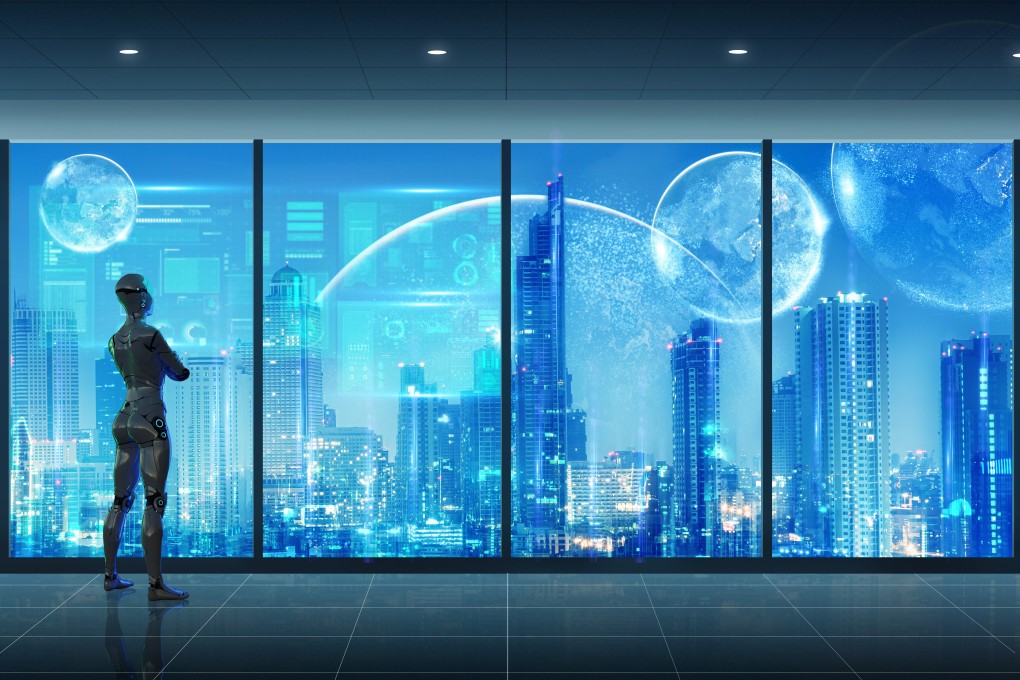Days of seamless metaverse grow near as digital connectivity improves by leaps and bounds
- Studies find 66 per cent of staff want firms to continue remote working practices, while 30 per cent would consider changing jobs for flexibility
- Reliable and uninterrupted internet connection has become even more important as Covid-19 pandemic transforms people’s online behaviour

[Sponsored article]
Chaohui Chen has speed – the idea of reliable, fast online speed that can be accessed everywhere – on his mind. The founder and CEO of uCloudlink, a mobile data traffic-sharing marketplace and hi-tech connection service-solution provider, is looking ahead to the internet in 2030.
The Covid-19 pandemic has not only transformed people’s online behaviour around the world – after forcing them to stay home, and schools and businesses to rethink how they can operate remotely during lockdown – but also heightened their expectations about what the future holds for the internet by the end of the decade.
“By then, the sixth generation network should have already become commonplace all around the world, and that will mean connectivity is all around us,” he says. “The progression from 4G to 5G is about speed and low latency, but 6G will be about omnipresence.

“Imagine when you get to 2030, when the digital world is never out of reach and when the metaverse –[a future version of the internet, in which users can interact with one another in a computer-generated environment] – is a reality, with artificial intelligence [AI] and virtual reality [VR].”
The idea is not science fiction, of course, because all the technologies are already there. What we have yet to achieve is the complete integration of them all, and Chen is keen for his company to play a big part in easing the transition.
